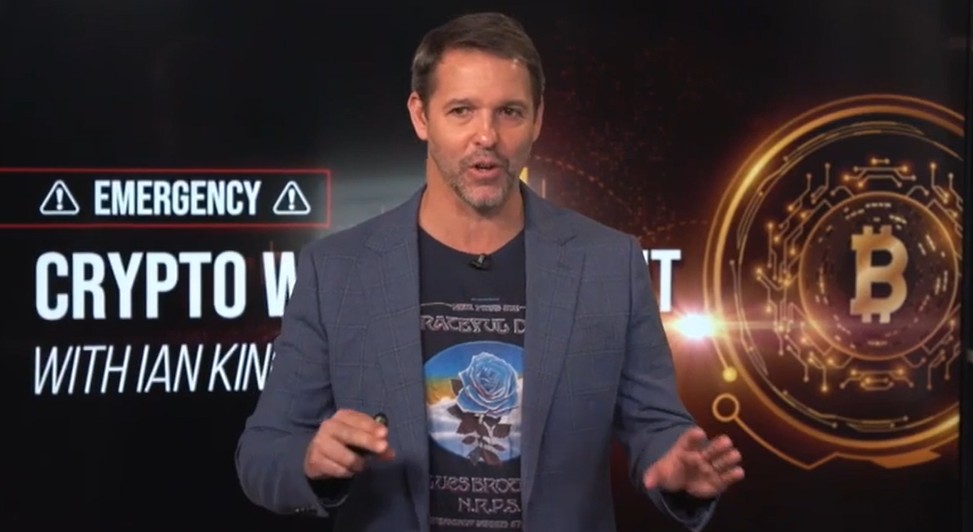Furthermore, the central bank has received a lot of queries on its Paytm measures and will soon issue a FAQ (frequently asked questions), perhaps next week, to address those questions, central bank governor Shaktikanta Das told the media during a press conference organized to discuss the latest monetary policy review.
The action on the payments bank is “proportionate” with the gravity of the situation and in the best interest of systemic stability and protection of depositors, RBI officials said during the hour-long press interaction dominated, expectedly, by the banking regulator’s January 31 action on Paytm Payments Bank.
Governor Das reiterated that the central bank could not comment on specific entities but also clarified that the RBI had been engaging with Paytm Payments Bank for quite some time before the final action was taken.
“Regulations are robust. It is not a case where there was a regulatory deficiency or correction was required. It’s an issue of compliance and compliance with various parameters. You mentioned KYC but there are so many aspects. It is a situation where we are focusing on the compliance not being there with the regulatory requirements,” Das said.
Major Curbs
The central bank asked the bank to stop all basic payment services through various platforms and technology railroads – Unified Payments Interface (UPI), IMPS, Aadhaar-enabled payments and bill payment transactions – with effect from February 29.
The regulatory action came after the payments bank was found to have violated several rules, including those related to know-your-customer (KYC) documents, which are considered a basic necessity for any financial services firm.
The regulatory actions are in the best interest of systemic stability and protection of depositors and customers, Das said. “These aspects cannot be compromised. Individual entities should be mindful of these aspects for their long term success,” he added.
Das also emphasised that the Reserve Bank will continue to encourage and support innovation and technology in the financial sector.
“Our emphasis is always on bilateral engagement with the regulated entities with focus on nudging them for corrective action and sufficient time is given for undertaking such corrective action. When such constructive engagement does not work or when the regulated entity does not take effective action we go for imposing supervisory or business restrictions. Such restrictions are proportionate to the gravity of the situation,” Das said.
Regular Correspondence
Echoing Das’ comments, deputy governor Swaminathan J said such supervisory actions are invariably preceded by months – at times, years – of bilateral engagement.
“We not only point out the deficiencies but also provide more than adequate time to take corrective action…We have been getting feedback which we will work on and as a responsible regulator we will ensure that customer inconvenience if any will be minimised,” Swaminathan said.
Replying to a question on why the RBI did not consider appointing a director on the board of Paytm when there was persistent non-compliance, the RBI said it had several levers to deal with situations such as these.
“As a regulator we have various tools in the kitty and it is not necessary that every single tool will be deployed in every single situation. We make our own assessment regarding the scale and proportionate of the issue as well as the tool that we will have to use at different points in time so one size fits all kind of solution may not work in such situations. We may use certain tools, may not use certain tools but it is after a due consideration that we do,” Swaminathan said.
(You can now subscribe to our Economic Times WhatsApp channel)





































